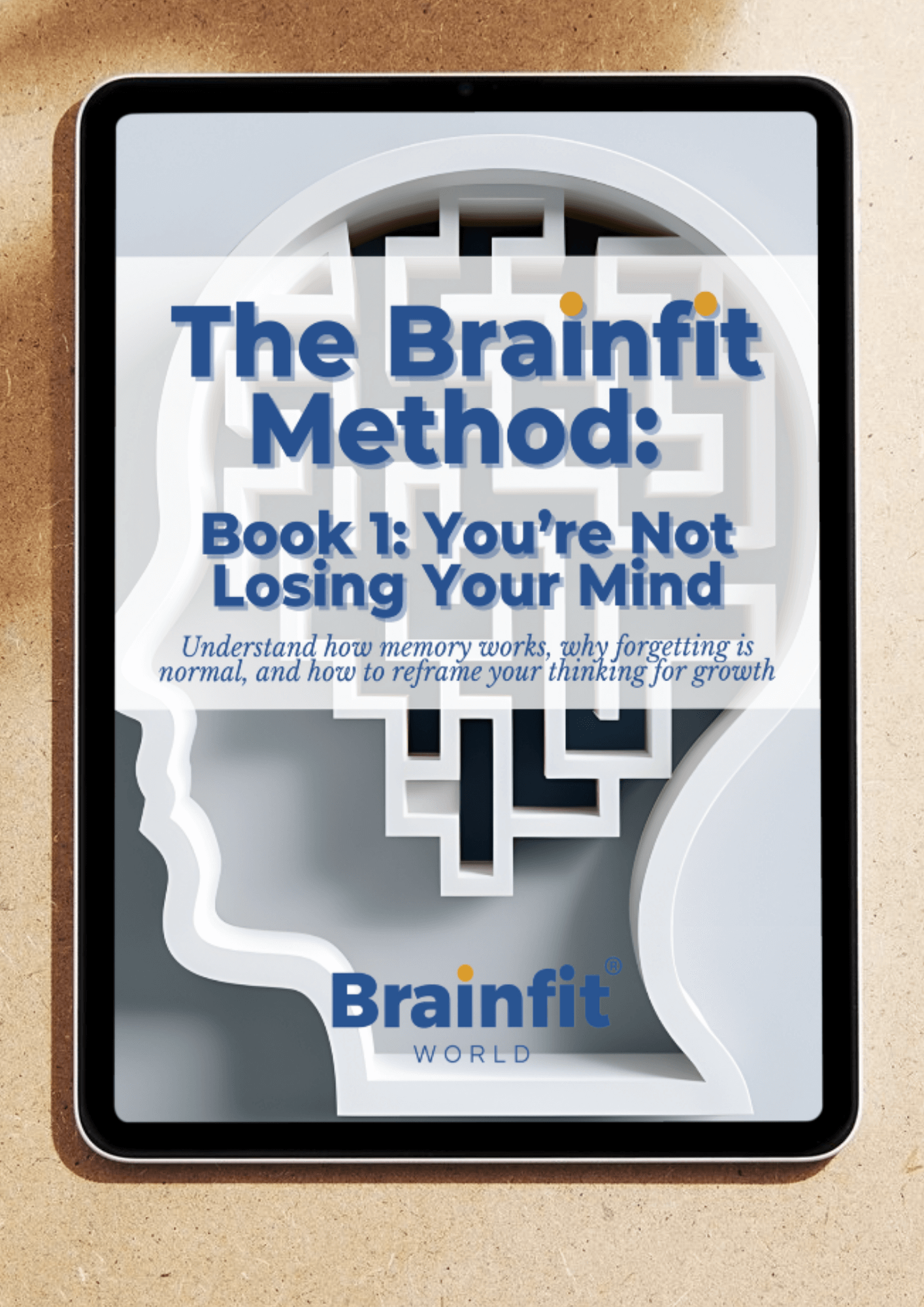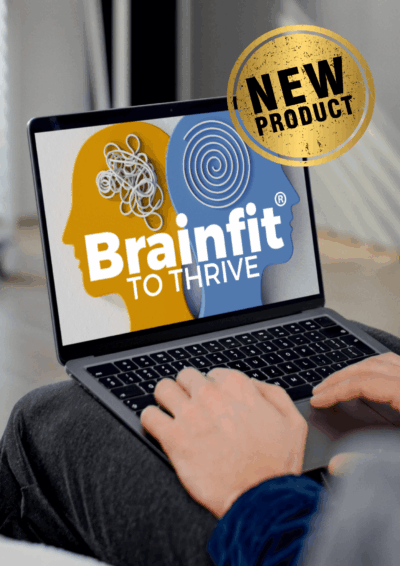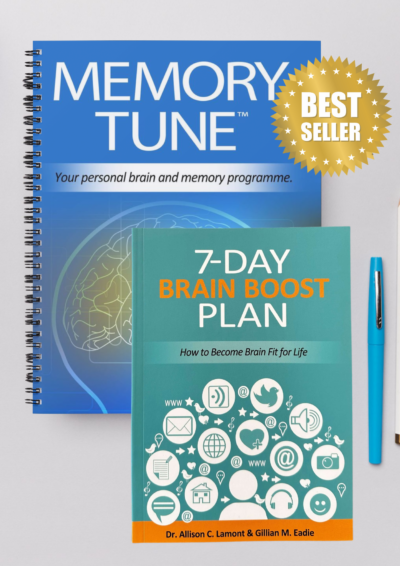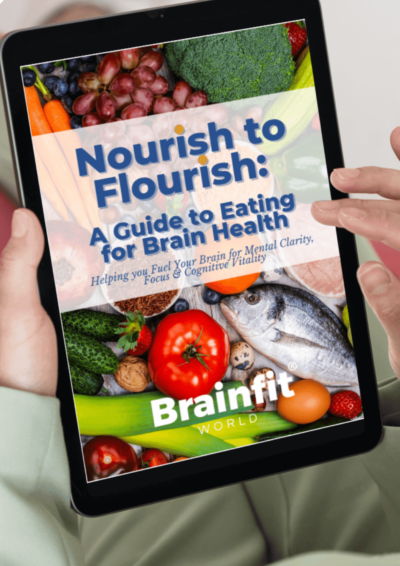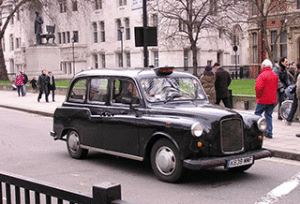 Who hasn’t been trapped in a cab and forced to listen to the unfiltered opinions of a taxi driver as you simply try to make your way home from the airport? I’m sure you weren’t pondering the size of the cabbie’s brain as he “entertained” you with his opinions on the politics of the day.
Who hasn’t been trapped in a cab and forced to listen to the unfiltered opinions of a taxi driver as you simply try to make your way home from the airport? I’m sure you weren’t pondering the size of the cabbie’s brain as he “entertained” you with his opinions on the politics of the day.
However, new research from the Wellcome Department of Cognitive Neurology has found that taxi drivers’ brains actually grow when they have to learn so much new information.
Their brains adapt to specialise in and store the vast quantities of navigational information needed to do their job, while leaving other parts of their brains free to regale with their insights.
Why is it excellent news? We can’t all be taxi-drivers but we all want a brain that remembers well. The really interesting thing about the brains of taxi drivers in the London study, was that the more they needed to learn about the streets and landmarks of London, the larger that area of their brain grew to accommodate all the new learning.
That’s the opposite of “the older you are the more brain cells you lose”, a long-standing over-simplification that is losing credibility as study after study demonstrate the opposite.
Researcher Eleanor Maguire of the Wellcome Department of Cognitive Neurology described the study:
“We got the taxi drivers to imagine they were driving from point to point [on London streets] while their brains were being observed using MRI scans. We also asked them to recall other types of memory that didn’t involve any navigation, like describing famous landmarks like the Statue of Liberty or the Sydney Opera House.”
What the study showed was that taxi drivers become adept at navigating in their imagination, and that this activates a different area of the brain, (the hippocampus), than they (and us) use for doing something seemingly related such as describing a landmark like the Statue of Liberty. What’s even more stunning, is the hippocampus in these cabbies actually got heavier as they formed all the connections necessary to navigate detailed maps in their minds.
The Knowledge
When a new London cabbie joins the ranks (I couldn’t resist!) they have not yet developed what is known as “The Knowledge”, that mental map of landmarks and streets necessary to navigate the sprawling and, in places, ancient metropolis. The most remarkable thing about the study is that you can practically measure the weight of The Knowledge in the human brain. The study showed a before and after picture that clearly demonstrates an amazing degree of new brain growth in a remarkably short period of time.
The MRI scans showed most brain activity for taxi-drivers occurred when imagining using the information – when actively thinking, not just driving around. You need to be engaged in recall to see the effect.
So, what does this study mean for you, my over-50 friends?
It is a stunning example of the fact that your brain will grow if it is challenged to learn new information, particularly complex information. Setting out to learn the complete map of London might not be the challenge for you, but I’m sure there are others that your brain will thank you for. Maybe the map of New York? Just joking!
Three Lessons
- Challenge yourself to learn something new.
- The more complex the better.
- Try to hold the new knowledge in your mind. Apply it, use it, imagine yourself using it, explain it to someone else. Manipulating information in your mind like this helps you to re-grow new brain connections to retain the knowledge.
What can you do right now to start building a better brain?
It’s never too late to start re-growing YOUR brain connections. The science is clear that it’s the best, non-prescription protection against memory loss. Try the free mini-course Brain Tune™ and you’ll get three things:
- A quick check of how sharp your memory is right now.
- A brief 3-part course that will give you some easy-to-follow tools to help you build your brain and keep it fit.
- Monthly newsletters with more free tips and brain challenges.

